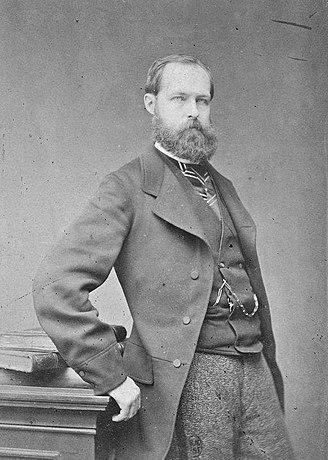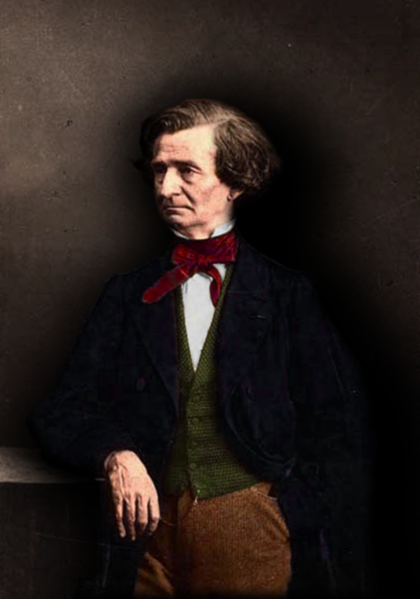
... the prince de Polignac's efforts to dominate overseas transport--first with the Suez project and now by appending the Lecuyer firm to the Messageries Maritimes--are admirable but also require some careful observation. It was on M. Duval's recommendation that we associated our Grand Ports Maritimes with the Messageries Maritimes it is with much hope that there can be a rising tide to lift our all boats, given the importance of this partnership ...
... open factional politics is another Anglicism imported to our shores, no doubt inspired by the long years abroad both the duc de Lévis and vicomte du Bessin endured in the service of the state. Thus, it was with great interest that I read of the formation of a "Liberal Party" declared in L'Union. A party through its very nature is beyond faction; Faction is personal, the Party is a neighborhood of interests. We had come close to the imposition of such a system in France, when M. Barante came close to creating one out of his faction in the waning days of the June Monarchy. Now it would seem Lévis and Bessin face the same dilemma; How to ensure the continuity of one's agenda after one has left the stage, ceasing to be a player? They crave continuity. They were denied it when the King prodded M. Descombes into action. Now they seek to undo, or at least restrain, the royal agenda.
The Liberal manifesto cannot wholly be characterized as bad, as much as it lays blame at the feet of those who advise the King--by extension those closest to our interests, financial or otherwise--there is something of the spirit of the June Monarchy present. Especially in the principle of letting parliament govern, which would allow the King to reign without petty distractions. The finer points of policy are always lost on the politicians and bureaucrats, who are as a species overly protective of planning and details; This is the lesson uncle Nemours gave to me. Better, he said, to set first principles and then to let ministers decide what polices that best embody those principles to be put forward. This should be the way a Monarch reigns in our modern era ...










